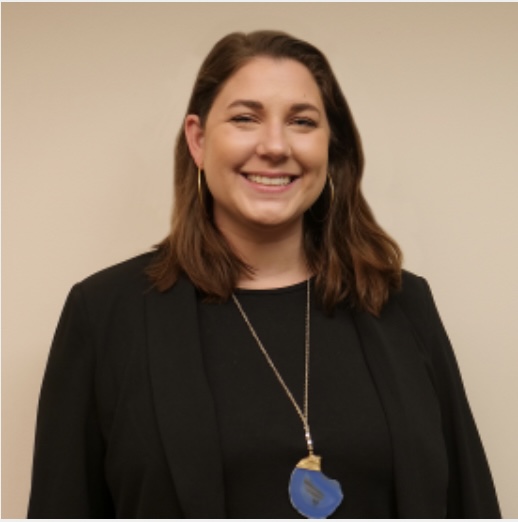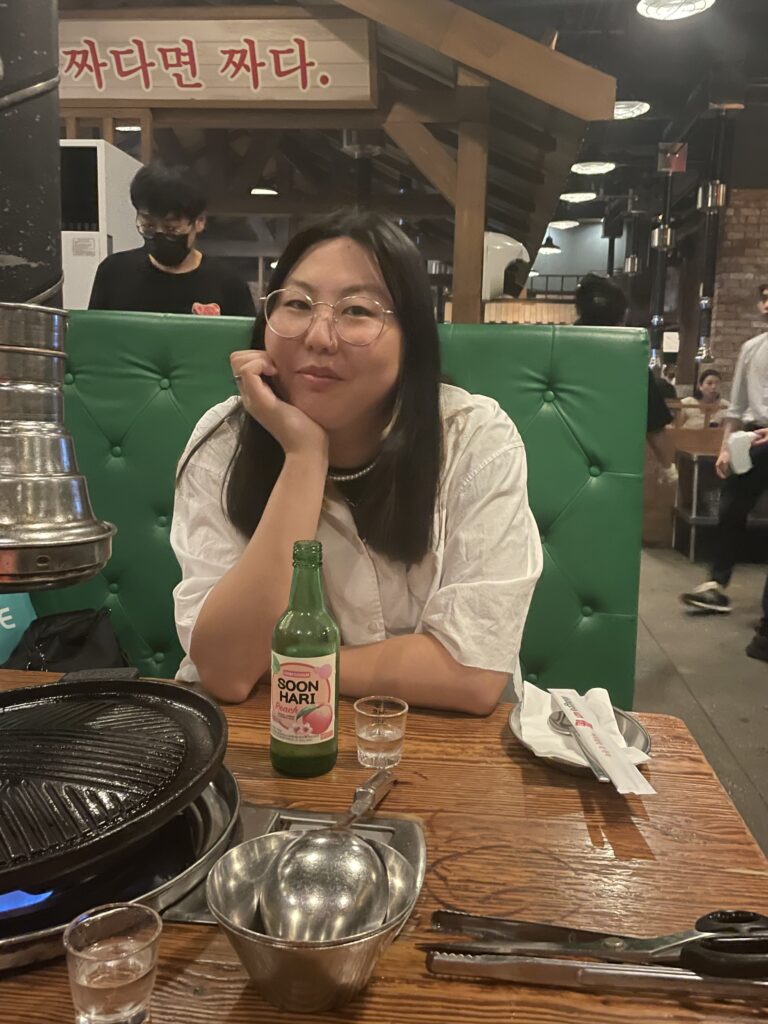Reality of the overturn

Since the Supreme Court’s overturn of Roe v. Wade on June 24, which dismissed the federal right to abortion in the U.S., citizens both for and against the ruling have expressed their convictions. Castleton University students and faculty recently weighed in with thoughts of their own.
“I was shocked,” said Audrey Knapp, a senior and Political Science major. “And I was honestly disturbed that such an important constitutional protection was able to be taken away with no regard to how a majority of the actual population feels.”
She went on to explain that, to her knowledge, “roughly two thirds of the population believes that abortion should be legal,” and this disconnect “points out a major flaw in the current makeup and maybe even the structures of our Supreme Court.”
Sociology and Women and Gender Studies professor, Linda Olson, also expressed concern for the endangerment of female autonomy.
“I see this decision as a way to turn back the clock on women’s rights and nothing more,” Olson said, referencing an interview she conducted with an elder woman from Vermont concerning the topic.
“She explained in detail what life was like before the Roe decision,” Olson said. “Not only did women not have the legal right to an abortion, but they also had to prove they were married or have permission from their husbands to get birth control. Is that what we want to return to?”
Rosie Phelan, a sophomore, felt similarly, saying she was “shocked, fearful, and angry,” contending that abortions would still occur in banned states, but now through dangerous, even life-threatening means.
“I think what hit me first was how many women could die from this,” she said. “This was not a matter of eradicating abortion but cutting off access to safe abortions. It’s shocking to realize that this country would subject its people to something that horrific and yet preventable.”
Phelan added her concern for underprivileged women and their children, raising the question of whether “they will be able to provide adequately for their children? Beyond that, if they choose to place the child in the system, what will their children face as a result?”
Student Cole Michael further expanded on these points, arguing that “Black women are three times more likely than white women to die during childbirth in the USA,” citing Houston Public Media, proving that the issue concerns not just women, but women of color.
“Without access to safe, clean, and regulated abortions, it is likely more women of color will die disproportionately to white women in childbirth in the post Roe v. Wade world, when their only options are seen as ‘back alley’ abortions,” Michael continued. “This can also result in women receiving abortions much later in term that kill babies that could feasibly live outside the womb – something not in alignment with the mainstream pro-choice stance.”
Lastly, Michael discussed how, in his perspective, the terms “pro-life” and “pro-choice” create a barrier of false connotations.
“It’s upsetting to assume anyone who is pro-choice is ‘anti-life’ and wants to kill babies, as the dichotomy implies,” Michael said. “Calling one side of the argument ‘pro-life’ creates an initial dissidence in the discussion … anyone who’s seriously involved in this discussion does not relish in ending life.”
Bryce Diggs, a senior and Women and Gender Studies major, emphasized the importance of listening to both sides of the argument, while also maintaining opposition to the overturn.
“I always want to hear the other side of arguments or views,” Diggs said. “Even if I don’t agree with them, I can only better my view by understanding or at least listening to the other side. I understand that both sides (pro-life and pro-choice) care about life. Whether that is the mother or the baby.”
However, after acknowledging that both sides care about life, he maintained “that there are circumstances that make abortion necessary and that not all women want an abortion because they don’t want the child.”
For any opposed to the pro-choice argument, he asked, “would your views on the matter change if it was someone close to you?”
Professor of Theater Arts, Hannah Hammond, has a similar stance, referring to her beliefs as “pro-voice,” meaning that special consideration should be shown to those who’ve actually had abortions.
“I think people have them for all kinds of reasons,” Hammond said. “And I think that we don’t listen enough to the people who have actually had them, and the reasons, and why, and how they can be life changing for those who have had them. It’s not just about the fetus, the baby, it’s about the person who makes that decision.”









